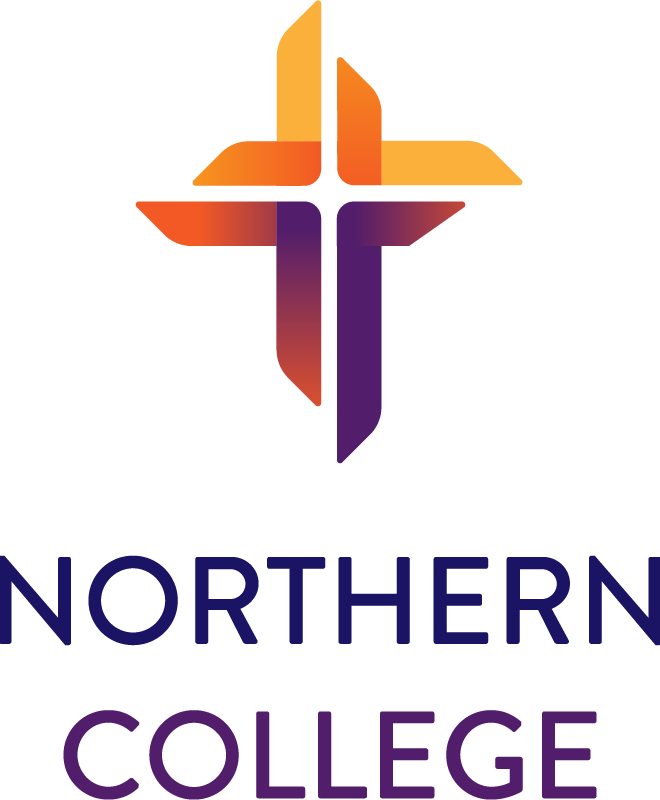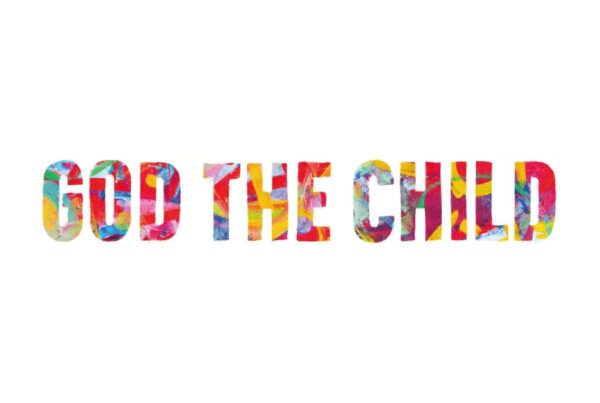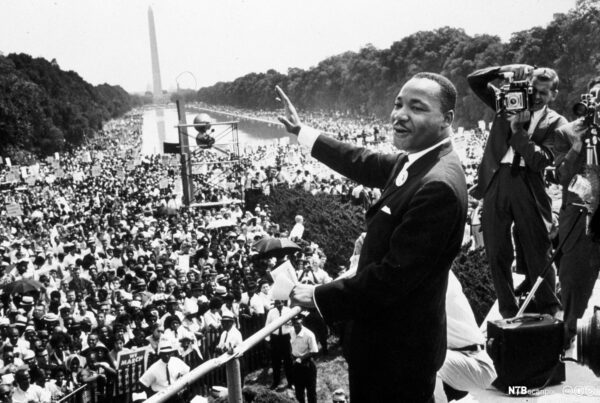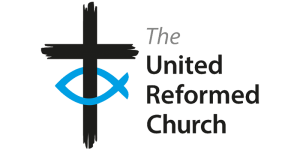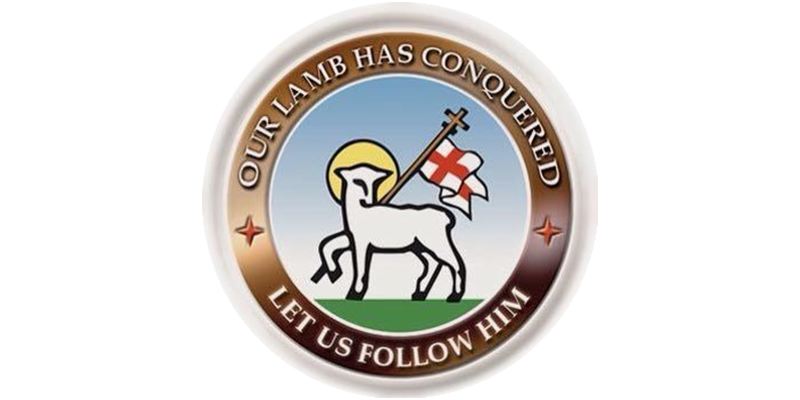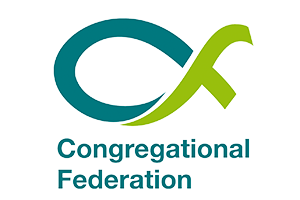In this year of the 50th anniversary of the foundation of the United Reformed Church, one of the many things which the URC should be particularly proud of, is the decision, more than 30 years ago, to go much further than other churches in making community development an actual ministry of the church, with Church Related Community Workers (CRCWs) standing alongside the better known ministry of Word and Sacrament. I would argue that this decision of the URC has been a truly prophetic one as, since 2010, since the beginning of the government agenda of austerity, churches have stepped up to try plugging the gaps caused by the withdrawal of public services to the most deprived communities, groups and people in our society. By 2018 it was estimated that churches had increased their involvement with their local communities by 69%, while over 10 million adults in the UK use church based community services. When we think of where we are at as a church, quite elderly, declining in numbers and fragile, this is truly remarkable. How wonderful for the URC to have CRCW ministry which actually has a proven track record of working in and with communities. As an ecumenical church this something in times like these which we can offer to other Christian communities.
Of course, there are different ways of engaging with communities so what is this approach of CRCW ministry called ‘Community Development’? The values of community development are: Social justice and equality; Anti-discrimination; Community empowerment; Collective action; Working and learning together. These values have to be, to use a theological term, ‘incarnated’ in a particular context and community. I see these values as an unpacking in our time and place the words of Jesus in John 10:10 where he promises to give life in all of its fullness.
If this is the content of community development, then the process of it is people coming together in a community to take action on the issues which are important to them. The prophetic aspect of CRCW ministry and a community development approach is the recognition how, in our country, some communities find themselves oppressed, excluded and blamed because of the structures of society. CRCW ministry and community development speaks out against this, seeks a preferential option for the poor and acts so, justice will “…roll down like waters and righteousness like an ever flowing stream” (Amos 5:24 NRSVA).
Much of our church engagement with what we used to call ‘deprived communities’ was a concentration on everything which was wrong in a community – poverty, unemployment, violence, anti-social behaviour, drug and alcohol abuse, poor education, awful housing, etc. – and our job, as Christians, was to help fix these things whether the people in a community liked it or not. There was often no realisation, as middle class people in a middle class church, of the role we played in creating and maintaining these communities in their oppression. A sea change in community development and the approach of CRCW ministry is to have a much better balance between what is wrong in a community, but also stressing what is strong. This type of community development is called Asset Based Community Development (ABCD). Now, while ABCD is not explicitly Christian, its approach has easily connected with a lot of contemporary thought about ‘missio dei’ (the mission or the sending of God), which is about us finding out what God is doing and joining in with it, as opposed to us arrogantly thinking we are bringing God to a situation, context, or community where God has already been at work. For me, ABCD also fits in with my understanding that every human being is made in the image of God and thus has innate value and dignity with something important to offer.
Now, we are not used to speaking about ‘Assets’ in a church context, unless it is in some sort of financial balance sheet! But, we do often speak about ‘Gifts’ and one of my favourite verses, which I apply to ABCD and CRCW ministry is 1 Peter 4:10, “Like good stewards of the manifold grace of God, serve one another with whatever gift each of you has received.” The message here is that despite the weakness and fragility of a Christian community wonderful things can happen if the gifts in a community are recognised as gifts from God. “Consider your own call, brothers and sisters: not many of you were wise by human standards, not many were powerful, not many were of noble birth.” (1 Corinthians 1:26) All we need to do is take these truths from inside our churches and apply this to the communities which we claim to seek to serve in Christ.

